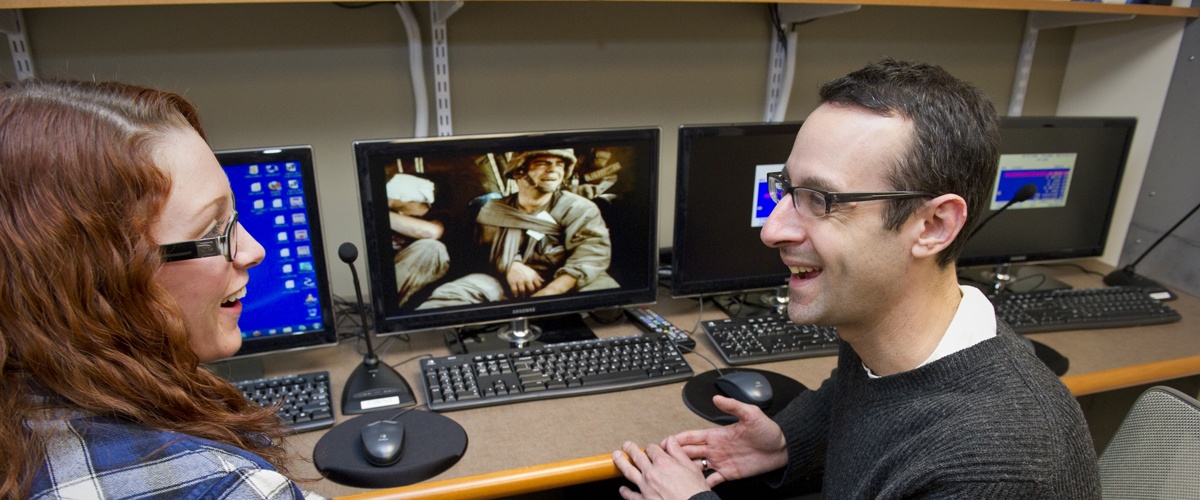by Jeff Cutler
Are you happy? According to Associate Professor Derek M. Isaacowitz, PhD, every person might answer differently based on a variety of factors. Age, emotional regulation strategies, environment and other stimuli feed directly into how we evaluate our happiness.
With a five-year research grant of more than $1 million from the National Institute on Aging, Isaacowitz is trying to find out “whether older adults prefer to use, and benefit more from, emotion regulation strategies that orient them towards the positive.”
But simply asking the question isn’t enough because we all have widely varying perspective on our level of happiness. And everyone has a specific and very personal method for achieving happiness. As Isaacowitz is discovering, there is no one solution or path to happiness.
It’s all directed by an individual’s choices and actions, he said. “Whether that means choosing more positive things in their environment, looking more at positive information in their environment, putting a positive spin on what they see, or putting on a happy face to the world.”
Through a series of both lab-based and experience-sampling studies, Isaacowitz is trying to see to what extent external stimuli, personal strategies, and goal manipulation play into a person’s happiness at different ages. Part of the impetus for the grant was the widely held belief that older people are generally happier with their life and place in the world.
“Despite numerous studies finding that older adults report being as happy, or even happier, than younger adults, there are currently a lot of open questions about to what extent this results from age differences in use or benefit from different emotion regulation strategies,” said Isaacowitz. “There is much speculation about how age differences in emotion regulation may underlie age differences in emotional experience, but only a few studies, and these studies have tended to not clearly connect with theory and research on changes in emotional goals with age.”
He said the goal is to explore whether older adults prefer relatively more positively-focused versions of emotion regulation strategies. And are they more effective for them than for younger adults?
To balance the findings, individuals from 20 to 80 years old make up the study group and technology like eye tracking is used to evaluate responses to specific emotional strategies each subject uses.
Working on the research with Isaacowitz are Kimberly Livingstone, who worked on the pilot project as a post-doctoral fellow and is now an Associate Research Scientist; and Heather Urry, a consultant from Tufts, who is providing guidance on the process model of emotion regulation.
“Our hope is that the research will provide a more comprehensive understanding of age differences and similarities in emotion regulation, that will inform theoretical models both of emotional aging and of emotion regulation more generally,” said Isaacowitz.
Ultimately, Isaacowitz hopes this research will allow researchers studying emotional aging and emotion regulation to better understand the nature of any observed age differences.
As with all scientific study, the findings could set the stage for more nuanced future research, “including research that uses interventions to try to improve emotion regulation among those of any age who struggle with problems of emotion dysregulation,” he said.
Along with praise for his research team, Isaacowitz credits Northeastern University and the College of Science for making scientific discovery possible.
“The research environment here, including colleagues in my own and other departments, has also helped me think in exciting and energizing ways about this project,” he said.
As we age, perhaps Isaacowitz’s research will shed some light on how well we cope with, and enjoy, our more golden years. In addition to being happier as we age, we’ll also know why.

